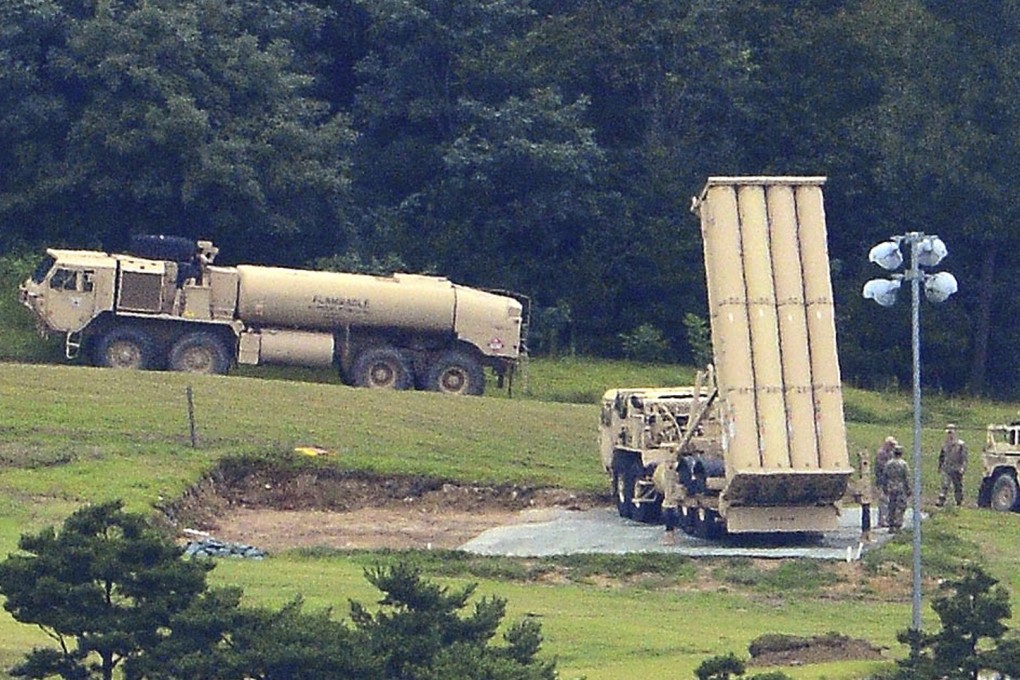How could China hit back if Japan or South Korea sign up to US missile plan?
- Beijing has promised to retaliate to missile deployment in its backyard – but it also needs to win friends in its trade war with the Washington

China might abandon high-level diplomacy or use its economic might against neighbours if they agree to deploy US offensive intermediate-range missiles on their territory, analysts said.
But such repeated action also risked undermining Beijing’s interests as tensions with Washington increased, they said.
China has vowed to take unspecified countermeasures if the US deploys ground-based missiles in South Korea or Japan.
The prospect of US missiles being stationed abroad has risen with the Washington’s withdrawal earlier this month from the Intermediate-Range Nuclear Forces Treaty. Under the treaty, signatories agreed “not to possess, produce, or flight-test” a ground-launched cruise missile with a range of 500-5,500km.
According to US Defence Secretary Mark Esper, Washington wants to station intermediate-range missiles in the Pacific region within months. US national security adviser John Bolton has also suggested that the missiles could be deployed in Japan and South Korea.
Adam Ni, a China researcher at Macquarie University in Sydney, said China was likely to take action against South Korea, Japan and Australia if the missiles were put in place, and that response might largely be economic.